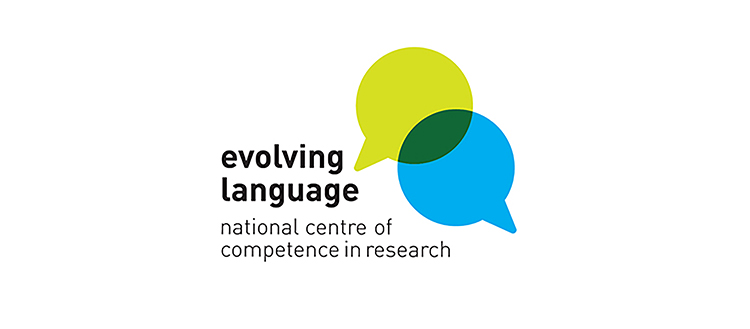A new NCCR dedicated to the origins and future of language
The Swiss National Science Foundation will support a new NCCR, “Evolving language”, led by the Universities of Geneva and Zurich. Its objective will be to study the origins and evolution of language, as well as to develop novel ways of dealing with its pathologies.

Expression and communication through language distinguishes humankind from all other animal species. However, there are still significant gaps in our knowledge of the evolutionary origins and biological preconditions of language and of its development, as well as of resulting pathologies. The Swiss National Science Foundation (SNSF) is therefore supporting a new National Centre of Competence in Research (NCCR) that will allow to crack the mystery of the origins of language and to develop novel digital diagnostic and neuro-engineering treatment strategies for language disorders. With a funding of 34.6 million Swiss Francs, the NCCR “Evolving language” will be co-led by the Universities of Geneva and Zurich, Switzerland, until 2023.
The language, its functioning and its development are still mysterious. “At the same time, the language is undergoing fundamental changes due to technological progress and digitisation”, says Balthasar Bickel, Professor at the University of Zurich and co-director of the NCCR. This has social, psychological and evolutionary consequences that are, today, barely understood. New digital possibilities, online knowledge databases and new developments in the field of artificial intelligence are indeed changing the way language is used, learned and developed.
Three main objectives
To this end, the NCCR “Language Evolution” will examine language development more broadly than any other research centre to date, focusing on an interdisciplinary approach that brings together research groups from the fields of humanities (ethics, linguistics), biology, neurosciences, psychology and computer sciences. At UNIGE, four faculties are involved: Medicine, Humanities, Psychology and Educational Sciences, and Translation and Interpreting. The researchers focus on three topics: the dynamics of language development and its structures, the biological preconditions for language – and the related question of whether and how neurotechnologies can and should influence the functions of language – and finally the social significance of language and its evolution with new communication possibilities. The NCCR promises innovations and translation in the medical field (diagnosis and treatment of speech disorders) and in the application of digital instruments (human-machine communication, artificial intelligence, complex speech recognition).
UNIGE’s expertise in neuroscience
The part that will be mainly developed at the University of Geneva (UNIGE) tackles neurobiology and artificial intelligence. “Our aim is to understand language pathologies and implement digital diagnostic and neuroengineering treatment strategies”, says Anne-Lise Giraud, Professor in the Department of Basic Neurosciences at UNIGE Faculty of Medicine and co-director of the NCCR. “We want to model the language processing system as implemented in the human brain, but also explore human-machine interactions involving language.”
From these research lines, the teams’ objective is to follow, or even anticipate, the evolution of human communication modes. Indeed, by involving more and more intelligent machines, they lead to new types of interaction, where, for example, crowds talk to crowds (social networks), or a brain speaks directly to a machine, or even in the future to another brain. The Geneva team will also work on how to reflect and inform society on the unprecedented ethical issues raised by the evolution of human-machine interactions. The UNIGE thus reinforces its leading role in the field of neurosciences, which includes the development of cortical neuroprostheses to capture language-related neural signals.
The NCCR “Evolving language” is hosted by the University of Zurich (15 research groups) and by the University of Geneva (10 research groups). The national network also includes three research groups from the University of Neuchâtel, two research groups from ETH Zurich and EPF Lausanne and a research group from the universities of Basel, Fribourg and Lausanne. IDIAP (Institut de recherche en intelligence artificielle perceptive, Martigny) is also involved in the project with two research groups.
